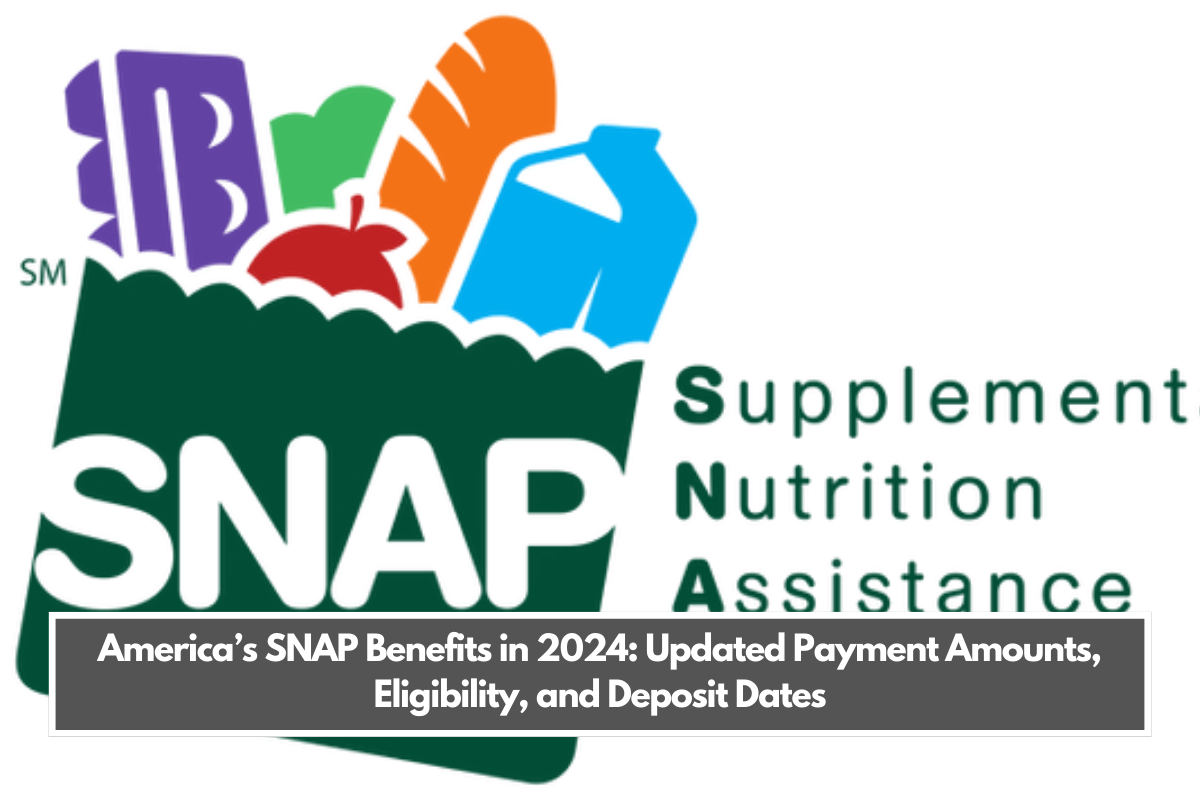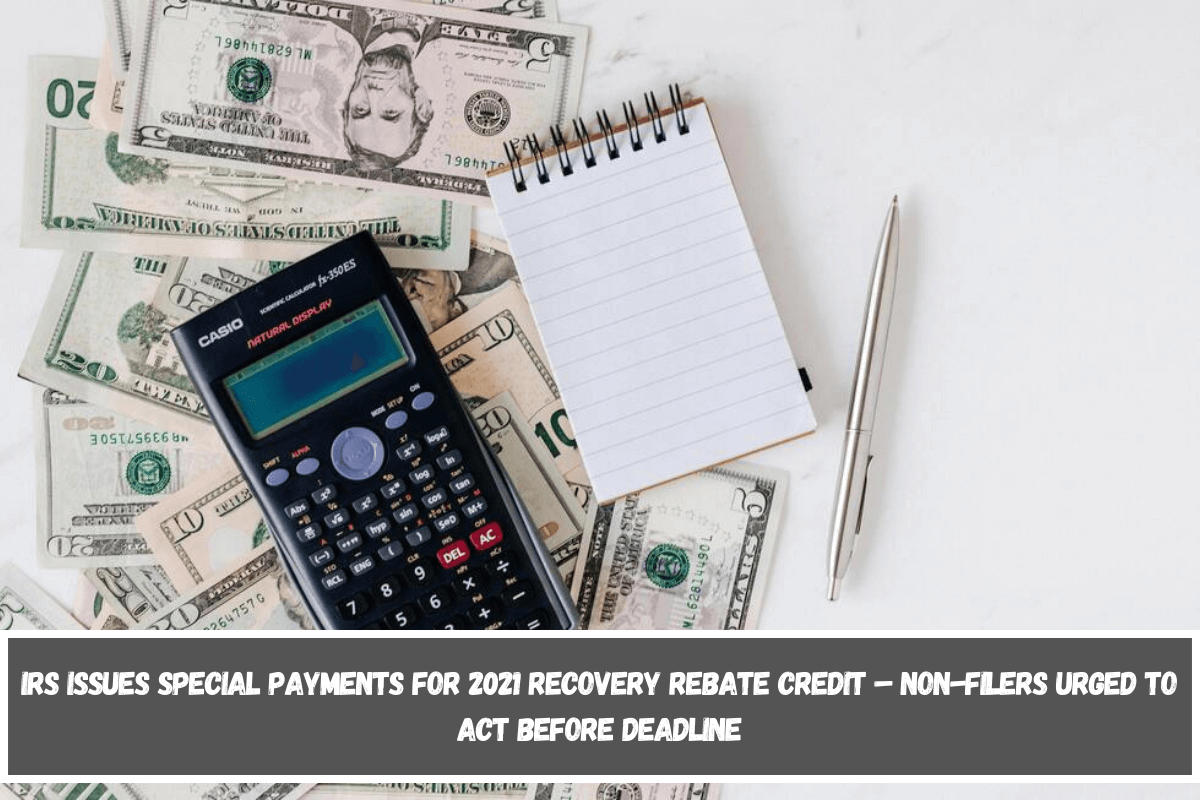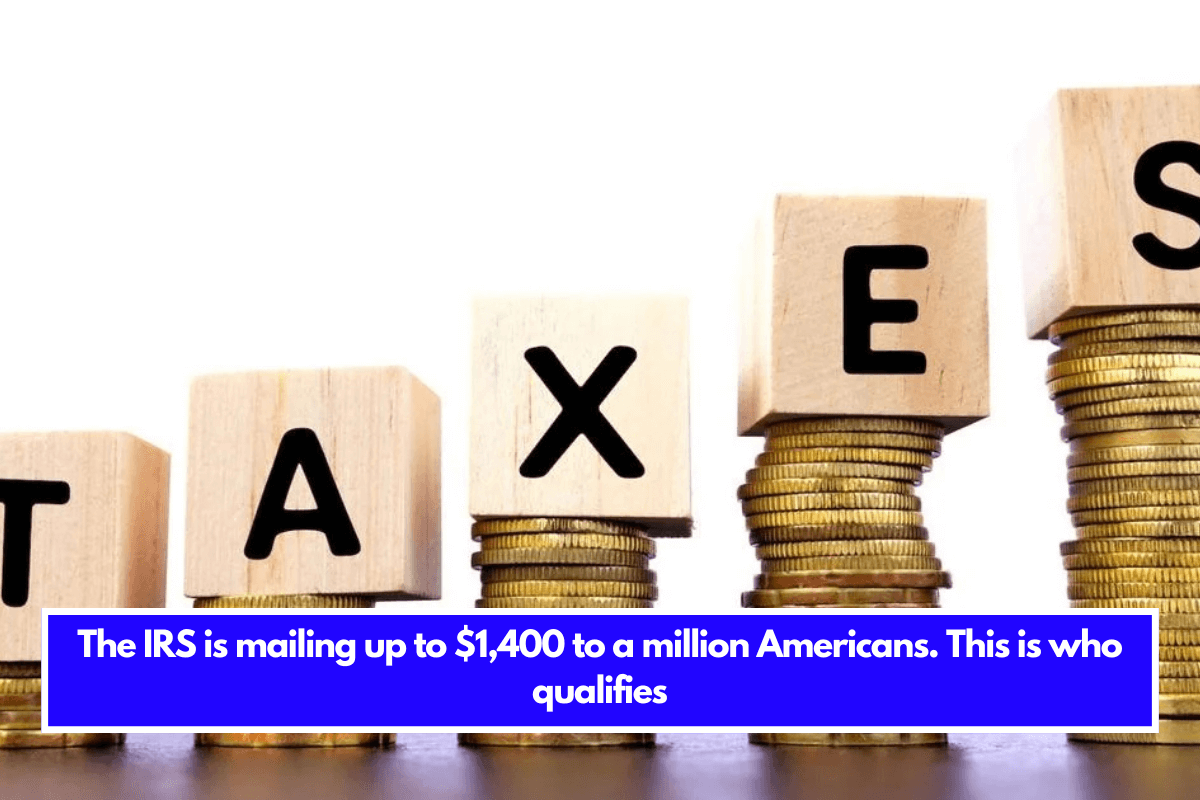The Supplemental Nutrition Assistance Program (SNAP), formerly known as Food Stamps, provides crucial assistance to millions of low-income Americans. This federal program aims to improve nutrition by helping families afford balanced diets. In Florida, the program is managed by the Department of Children and Families (DCF) with specific eligibility requirements.
SNAP Benefits
SNAP benefits are distributed monthly through an EBT card and can be used to purchase approved food items such as:
- Fruits and vegetables
- Proteins
- Carbohydrates
- Cold foods
However, they cannot be used for:
- Alcohol or tobacco
- Fuel or personal hygiene products
- Hot foods at the time of purchase
Misusing SNAP benefits for prohibited items is considered a crime.
Updated Eligibility Criteria
Eligibility for SNAP benefits in Florida is determined by several key factors, ensuring the program serves those who need it most. Here’s a breakdown of the updated requirements:
1. Identity
Applicants must provide proof of identity, such as a government-issued ID or other official documentation.
2. Residency
Applicants must be Florida residents to qualify for benefits.
3. Citizenship Status
- U.S. Citizens or qualified non-citizens (e.g., permanent residents, refugees) are eligible.
- Applicants must provide a Social Security Number (SSN) or proof of application for one.
4. Income Requirements
- Most households must have a gross income at or below 200% of the Federal Poverty Level (FPL).
- Example: For a family of two, the monthly gross income limit is $3,052.
5. Deductions
Certain expenses can be deducted from monthly income, potentially increasing the SNAP benefit amount:
- Housing costs
- Child support payments
- Medical expenses (for elderly or disabled members)
- Utility costs
- Dependent care expenses
6. Work Requirements
- Healthy adults aged 18 to 50 without dependents or pregnancies can receive SNAP benefits for three months in a three-year period unless they are:
- Working at least 80 hours per month.
- Participating in a job training program.
7. Asset Limits
- Households can generally have assets like vehicles, bank accounts, or property and still qualify.
- Households with a disqualified member must meet an asset limit:
- $2,500, or
- $3,750 if the household includes an elderly or disabled member.
8. Child Support Cooperation
Some applicants must cooperate with the state’s child support enforcement agency, which includes proving the legal relationship between a child and their parent and establishing court-ordered child support.
9. Change Reporting
Households must report significant changes, such as:
- Total gross income exceeding 130% of FPL for their household size.
- Work hours of able-bodied adults falling below 80 hours per month.
These changes must be reported within 10 days after the end of the month when the change occurred.
FAQs
What is SNAP in Florida?
SNAP provides financial support for low-income residents to buy food.
Who is eligible for SNAP benefits?
Florida residents who meet income, citizenship, and other criteria.
What can SNAP benefits be used for?
They can buy fruits, vegetables, proteins, and cold foods.
What are the income limits for SNAP?
Households must earn at or below 200% of the Federal Poverty Level.
What must households report to SNAP?
Changes in income and work hours below 80 hours/month.



















